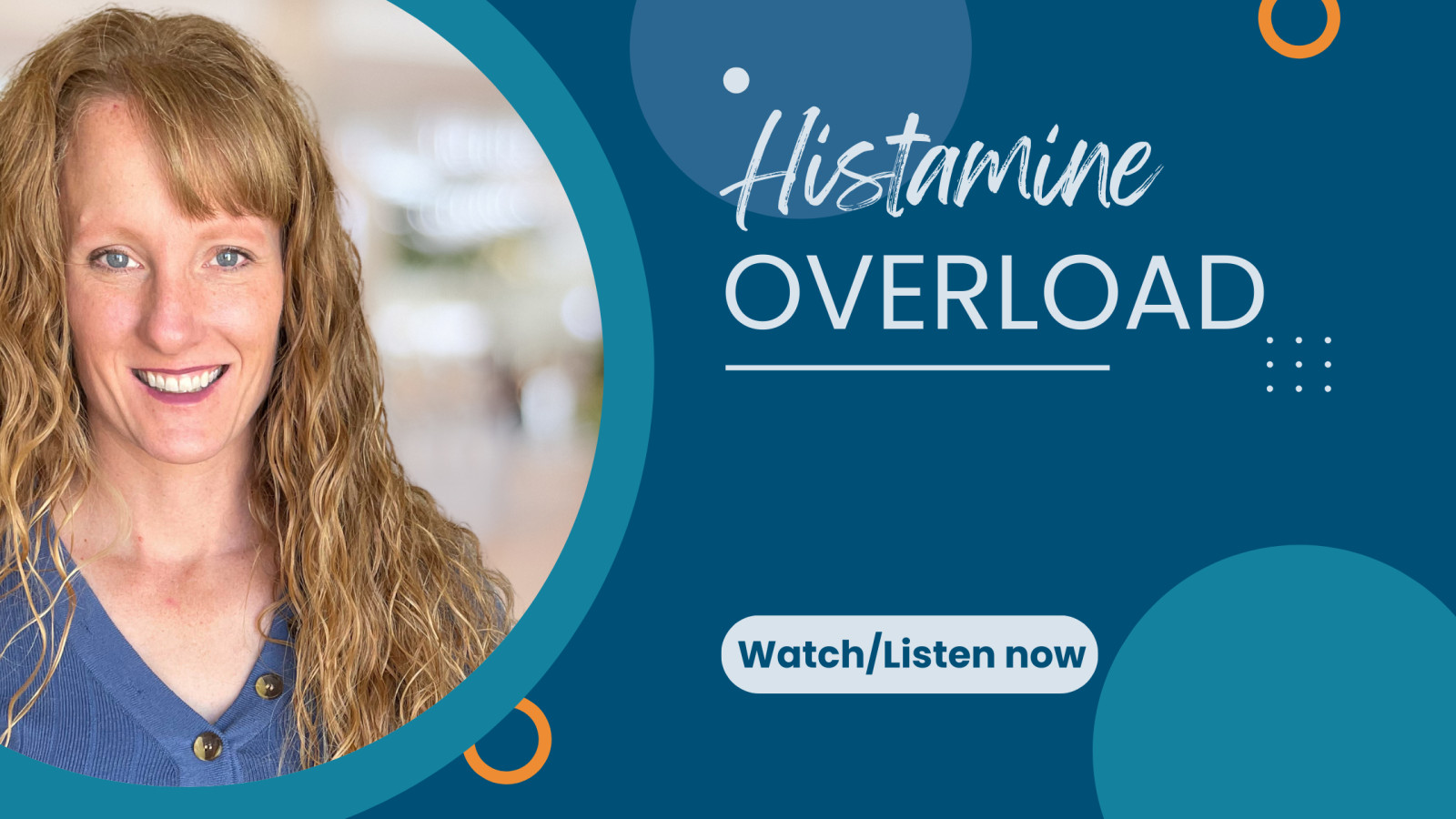In a recent study published in the ISME Journal, researchers examined the impact of non-nutritive sweeteners, such as saccharine, sucralose, aspartame, and acesulfame potassium, on microbial resistance. The findings suggest that these sweeteners can contribute to antimicrobial resistance, making them a potential threat to our health. To avoid these harmful effects and build a stronger immune system, it is recommended to avoid products containing these sweeteners and be cautious when reading labels. Surprisingly, many people unknowingly consume artificial sweeteners in everyday foods like yogurts, teas, protein powders, protein bars, breads, crackers, and gums.
To further protect your health, it is also advised to stop using hand sanitizers and antimicrobial soaps. By taking these steps, you can minimize your contribution to antimicrobial resistance and promote a healthier lifestyle.
Read more...In a recent study published in the Journal of the American Medical Association, the use of time-restricted eating for weight loss in overweight and obese adults was evaluated. Surprisingly, the findings showed little benefit, challenging the idea that intermittent fasting is superior to other diets. In a video, the author discusses the study's design, objectives, and results, sharing her thoughts on the findings. The author invites readers to comment and share their own experiences with intermittent fasting.
Read more...The blog post titled "Is that Arsenic in Your Water Bottle?" addresses concerns about the safety of bottled water by Functional Nutritionist Andrea Nicholson. While some companies provide filtered or spring water, independent testing has shown that there are still risks involved. Consumer Reports recently tested 47 different bottled water brands and found detectable levels of per- and polyfluoroalkyl substances (PFAS) in most non-carbonated products. These chemicals can be harmful to human health and accumulate in the environment and our bodies. Additionally, all non-carbonated water tested contained heavy metals, with Starkey Spring Water having arsenic levels just below the federal government's safety limit. The cumulative exposure to these contaminants can have various negative health effects. To reduce toxin exposure, the article recommends filtering your own water using systems such as reverse osmosis or whole-home filtration. The author personally recommends the Aquasana Whole Home Water Filtration Unit for its effectiveness and low maintenance.
Read more..."Are Obesogens Causing your Chronic Symptoms?" is a blog post that sheds light on the potential impact of obesogens, chemical compounds that go beyond causing obesity and are associated with a range of chronic symptoms such as fatigue, chronic pain, and weight struggles. These chemicals, known as endocrine disruptors, can alter hormone functions in the body, including insulin, glucagon, cortisol, and hunger and satiety hormones. They may also interfere with neurotransmitter function, leading to mood disorders, poor memory, and lack of concentration. The liver plays a vital role in detoxifying the body from obesogens, making it crucial to reduce toxin intake and support the liver through proper nutrition. The post provides a list of common obesogens and suggests ways to minimize toxin exposure, as well as emphasizing the importance of antioxidants, whole food nutrition, and maintaining a healthy microbiome for effective detoxification.
Read more...This blog post discusses the issue of forever chemicals, also known as PFAS, which are chemicals that do not break down in the environment and have been linked to various health disorders. While some of these chemicals have been banned or limited, our water supply remains compromised, as the Environmental Protection Agency (EPA) has not yet set a legal limit for their presence in water. The post emphasizes the importance of using a high-quality water filter to remove these chemicals from our drinking, cooking, and bathing water. The author recommends a specific whole-house water filter and provides options for other reputable filtering systems as well. Additionally, the post advises against buying bottled water, as it can contain toxic chemicals from the plastic bottles.
Read more...















